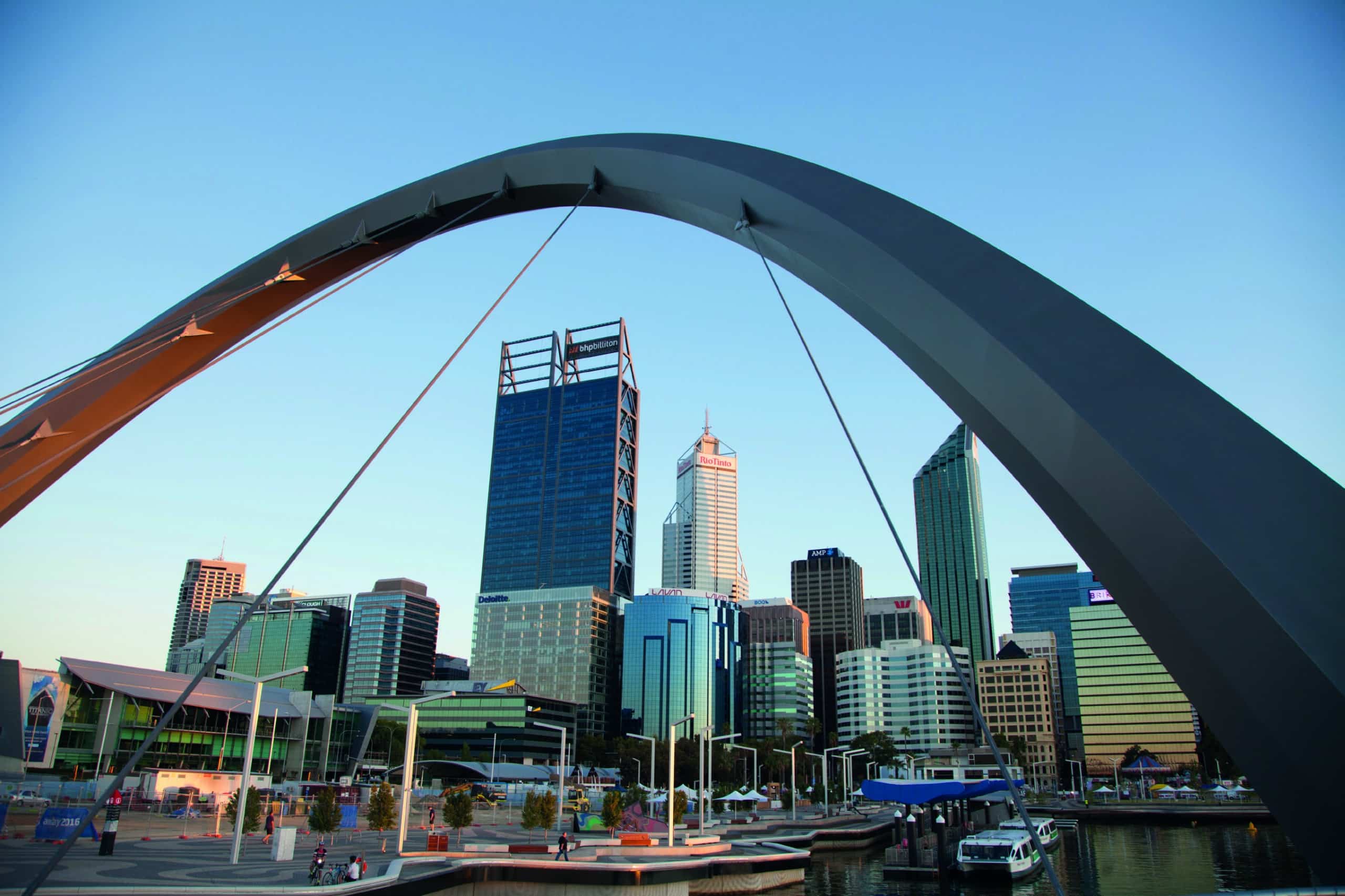Women in business are continuing the push for equality, saying the statistics on pay and promotion still don’t stack up, especially in WA.
Several organisations – powered by some high-profile names – have been pushing the issue of gender equality in business for some time now, working tirelessly and often behind the scenes to ensure that the mix of men and women in the workplace is balanced.
CEOs for Gender Equity, launched by 18 business leaders including CCI’s then CEO Deidre Willmott in 2014, has pushed hard to even the playing field.
But inaugural executive director Tania Cecconi says there’s still a long way to go in WA around salary parity, with the state’s pay gap 22 cents compared with the national average of 17c.
“I always say we do it bigger and better in WA and we certainly do on gender inequality in business,” she says.
“In WA women earn 78c for every dollar a man earns while nationally, on average, a woman earns 83c for every male dollar. You can have 80 per cent women and 20 per cent men and you’ll still have a pay gap because men are getting the senior roles.”
Cecconi says organisations need to appoint a target number of women and commit to undertaking pay gap audits. Often pay rises for women are not rises, but simply making the pay equal to that of a man in the same role.
“Women’s work is valued differently to men’s. If we continue to say that we have relied on merit in the past when, time and time again, men have dominated the appointments, then it’s not working,” she says.
In partnership with CCI, strategic consulting services to help businesses diversity their workplaces are available.
The National Organisation of Women in Operations (NAWO), an incorporated not-for-profit association led by an unpaid board of senior professionals, aims for equal representation and value for men and women at every level of business.
NAWO’s national Chair is Perth-based Megan McCracken, an executive leader with more than 25 years’ experience in cultural and workforce transformation in industrial and operating businesses across Australia, in resources, automotive, energy and rail.
She says that while NAWO is branded as a women’s organisation, it welcomes men who often get to hear women speaking together for the first time.
“We want men to come along and be part of the conversation and not outside the conversation,” McCracken says.
“Right now, the gap in our country is getting women in to senior roles…what we want to do is to involve men in that conversation.”
The organisation has a regional office in the Pilbara, as well as two in the eastern states and is planning more.
Male Champions of Change was founded in 2010, after a group of male business leaders approached the then Sex Discrimination Commissioner, Elizabeth Broderick, to explore the idea of a group focused on increasing women’s representation in leadership.
Eight CEOs, including Alan Joyce from Qantas, IBM’s then Managing Director Glen Boreham and Western Australian former Telstra CEO David Thodey formed MCC, which conducted research and focus groups to develop a 12-point plan to significantly and sustainably change the representation of women in business leadership across Australia.
It called for corporations to set and report against public targets for advancing women into leadership roles and committed to a robust and consistent approach to external and internal reporting of women in management targets.
In 2014 – in collaboration with Chief Executive Women (CEW) – MCC released to business leaders a letter entitled The Leadership Shadow, in which it described a model for leaders to reflect on how their own leadership was contributing to the numbers of women in leadership.
“Every leader knows that employees have well-tuned antennae to pick up signals from the top about ‘what matters around here’,” the report said.
“The case for gender balance and inclusion must be specific, and connected to strategy. Providing regular updates and celebrating success maintains momentum.”
Former CEW president and 2018 West Australian of the Year Business Award winner Diane Smith-Gander says the companies which introduced The Leadership Shadow into their workplaces found it very effective, particularly in countering bias.
“It starts from the top of the organisation and it requires the CEO to have a good look at their own behaviour…and how you are prioritising your women through the leadership pipeline,” she says.
Since its formation, the MCC has grown to more than 160 business leaders across 11 groups. One such group is convened by current Sex Discrimination Commissioner Kate Jenkins who says it’s important for men and women to work together.
“There is still such a long way to go to achieve gender equality in Australia,” Jenkins says.
“I strongly believe that men have a vital role to play in this process, which is why I’m part of the MCC movement, to work collectively to bring about a much-needed shift in workplace and community attitudes.
“It’s important to remember that gender equality does not just benefit women: it also benefits men, families, organisations and the economy.”
The MCC has tackled many topics, including sexism in the workplace. Its report on the issue called on Australian business leaders to:
- Respond to ‘jokes’ by not validating the attempted humour
- Valuing women’s voices by ensuring they’re not spoken over at meetings
- Making stereotyping a thing of the past
- Keeping the focus on capability, not appearance.
Diversify your workplace
CCI can provide advice on addressing the disparity between men and women in the workplace including under-representation of women in leadership and management roles, pay gaps and creating a diverse and inclusive workplace. Contact the Workplace Consulting team on (08) 9365 7730 or visit cciwa.com.
►Need help creating a diverse and inclusive workplace? Contact the Workplace Consulting team today on (08) 9365 7730 or visit cciwa.com












